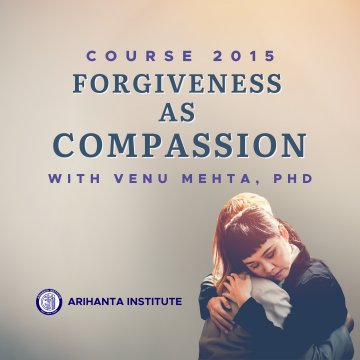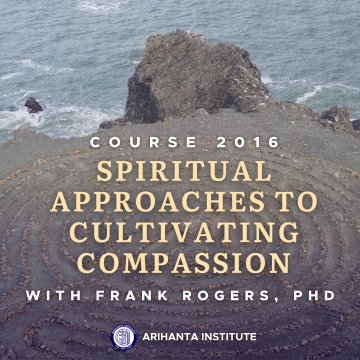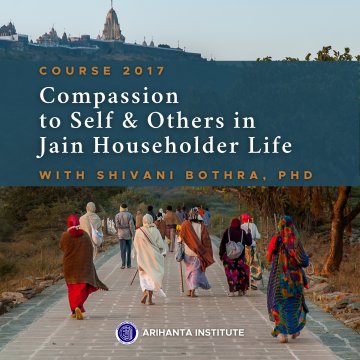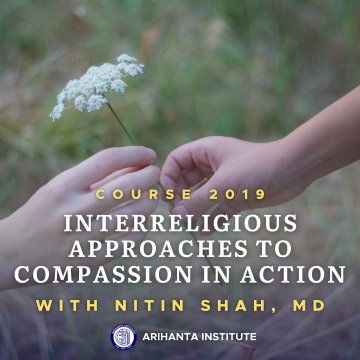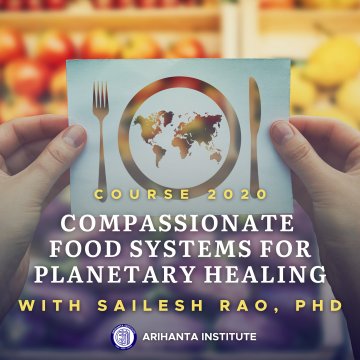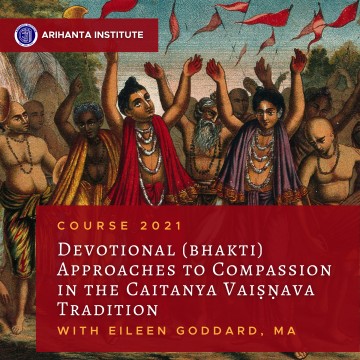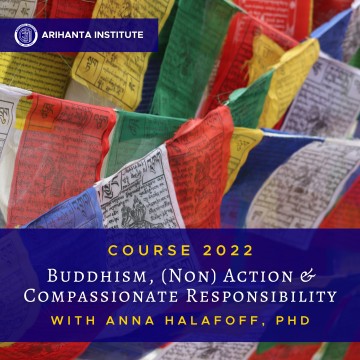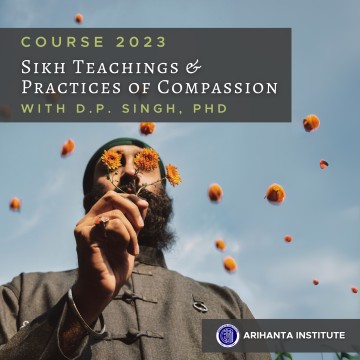2010 | Research Sanskrit: Level 1
** This asynchronous, "self-study" course is self-paced and without live instruction. It is best suited for those who have some familiarity with Sanskrit or experience in learning other languages. For those wishing to study in a scheduled, live setting with a university professor, please enroll in 2012 | University Sanskrit 1 Live ** Competency with Sanskrit translation is a key skill for academics in the field of South Asian Studies. It is one of the most important research skills that provides scholars access to resources that are the object of their research. It is also a skill that, when demonstrated with translations in one's publications, gives a great deal of credibility to the academic work of scholars. Sanskrit can also be very helpful to strengthen and deepen one's connection to one's own spiritual tradition. For most Dharma traditions (Jainism, Hinduism, Buddhism, and Yoga), Sanskrit is often the medium of liturgical practices, and Sanskrit texts which tend to form the doctrinal, philosophical, and practical foundation for individual and collective spiritual practices in those traditions. Dharma traditions are deep reservoirs of spiritual wisdom that have the power to transform us personally and collectively in profound ways, and Sanskrit is one of the most important keys to unlocking that great reservoir of ancient spiritual wisdom that is much needed in our own personal lives, and in our collective society at large. In this self-study course, students will gain the important research skills necessary to translate Sanskrit texts by translating modified excerpts from Sanskrit literature. These research skills include basic philology such as etymology, the ability to identify inflexions and grammatical forms, and syntactical analyses. Asynchronous Sanskrit Training2010 | Research Sanskrit: Level 1 is a self-study, asynchronous course. It is the first of a two course series (2010 | Research Sanskrit: Level 1 and 2011 | Research Sanskrit: Level 2) offered by Professor Cogen Bohanec, MA, PhD and Arihanta Institute. Upon completion of both courses, students can expect to complete the Devavāṇīpraveśikā Sanskrit primer (Goldman and Goldman, 1980). In the process, students will learn to memorize, recognize, and recall all major paradigms of inflection (conjugations, declensions, indeclinable suffixes, prefixes, etc.) and use these skills when translating, reading, memorizing, or liturgically reciting Sanskrit texts. The option of asynchronous Sanskrit training is intended as an accessible learning option for self-motivated students who thrive in a self-paced learning environment. Students can move through the course material at their own pace, based on their ability and schedule. Since there are no live classes or synchronous instruction, and given the complexity of the subject matter, students will derive most benefit if they have previously studied Sanskrit, or if they are strongly committed to a daily routine of continued self-study over the course of a year or two, or perhaps longer (keeping in mind that when learning a new language, one should work through a primer more than once). This course may also be useful as a supplement for Sanskrit students who are enrolled in a Sanskrit studies university program, particularly if that course is using the Devavāṇīpraveśikā as a primer. Here, the two course series - 2010 | Research Sanskrit: Level 1 and 2011 | Research Sanskrit: Level 2 - can serve as a tutorial for research skills in basic philology (see “Learning Objectives” section below). Additionally, students who have previously participated in a Sanskrit program and are looking for a practical review, this course series provides a succinct and comprehensive opportunity to reinforce the necessary skills.Learning ObjectivesLearn to read Sanskrit in Devanagari font.Acquire basic Sanskrit vocabulary.Learn to identify and understand the basic grammatical forms covered in class.Learn to understand key differences between Sanskrit and English syntaxes and to be able to convert Sanskrit syntax into English syntax.Learn basic skills for translation of Sanskrit primary sources for researchBecome familiarized with other cultural and intellectual elements of the broader Sanskrit tradition.
$99.00 USD
Instructor
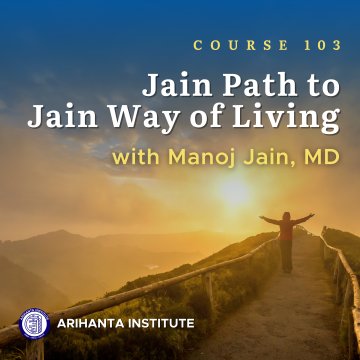


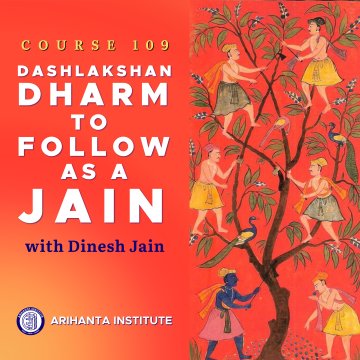
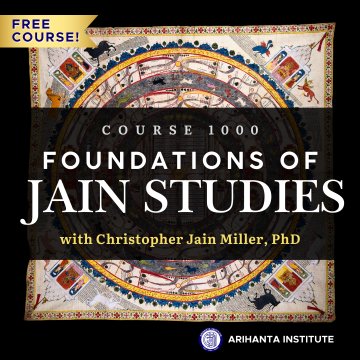

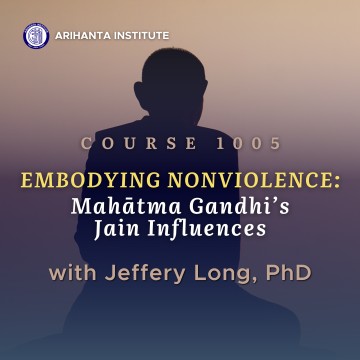
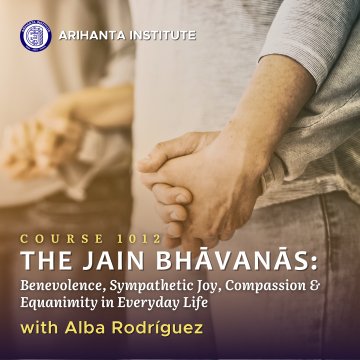
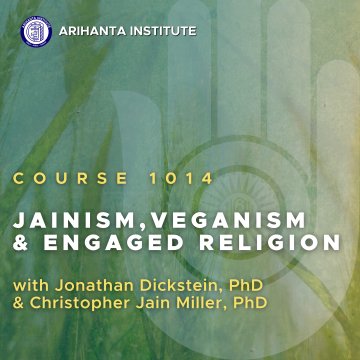
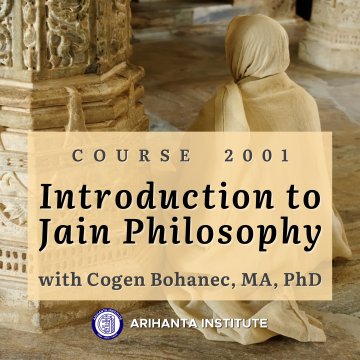
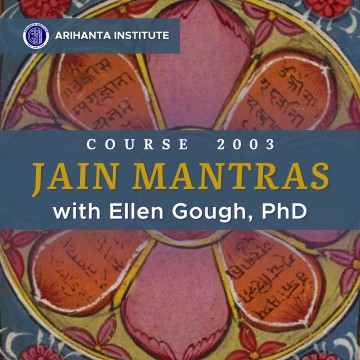
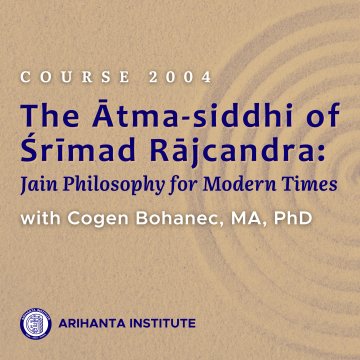
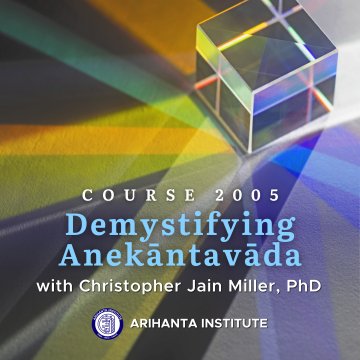

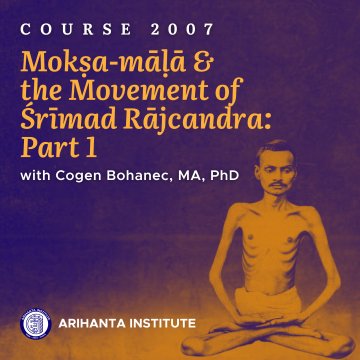
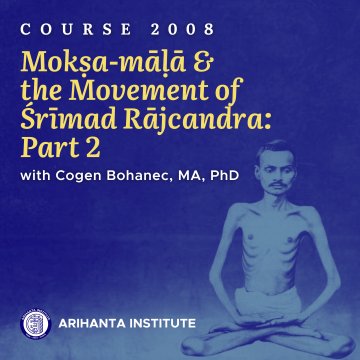
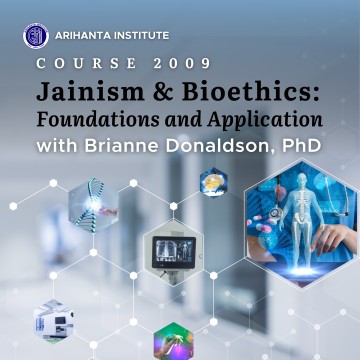
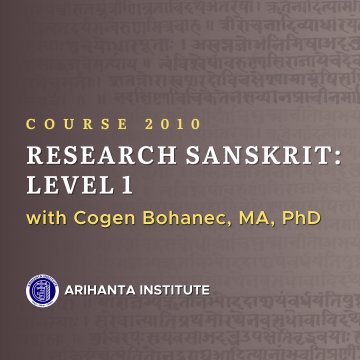
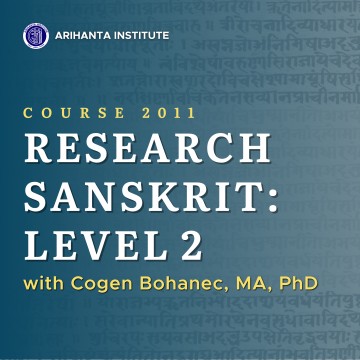
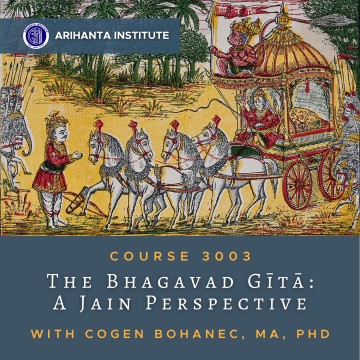
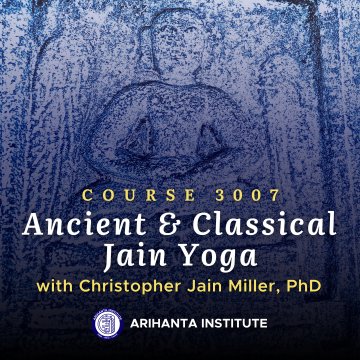
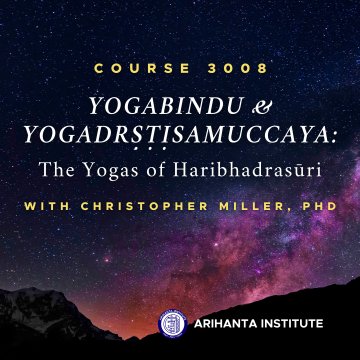
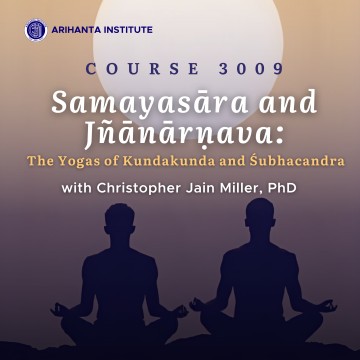
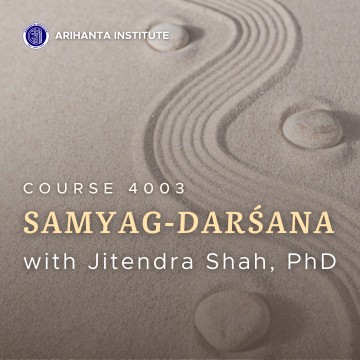

 June 15 – August 7, 2026
June 15 – August 7, 2026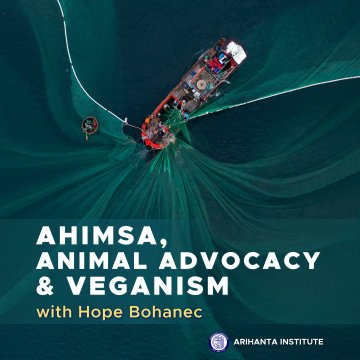
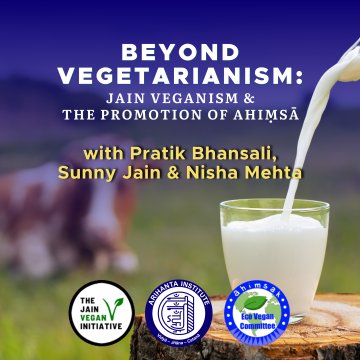


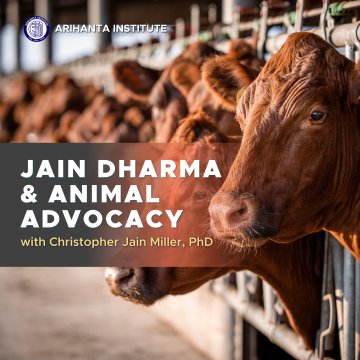
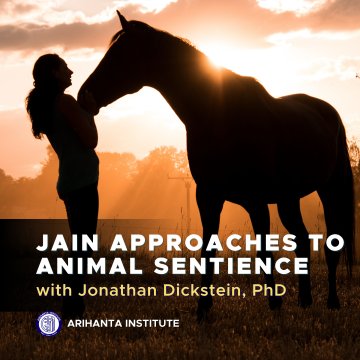


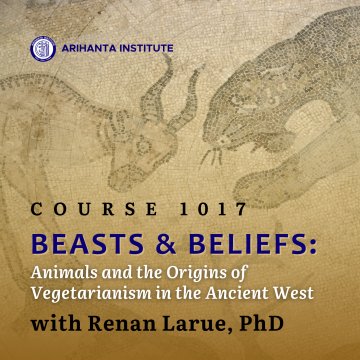
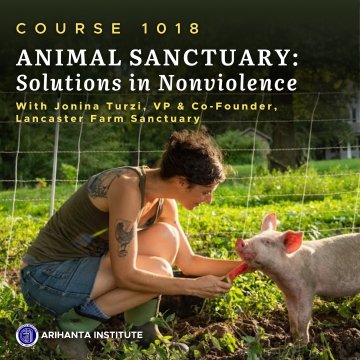
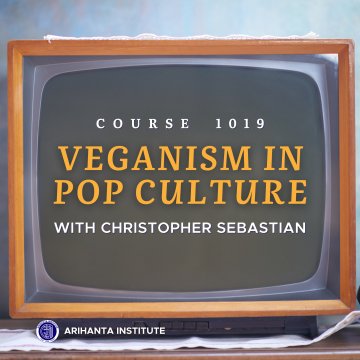
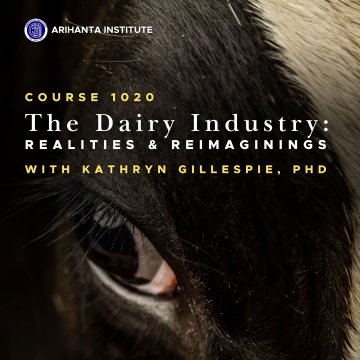
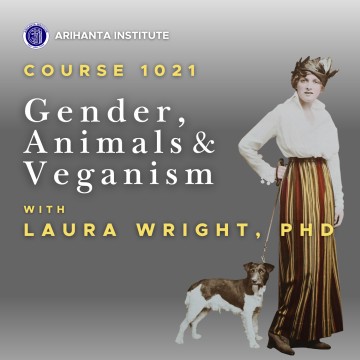
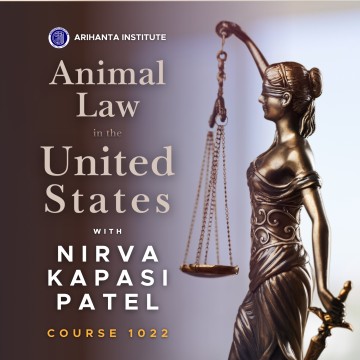
 Course materials available beginning Feb 2, 2026, + 4 hours live Q&A Zoom sessions on Fridays, Feb 6, Feb 13, Feb 20, and Feb 27 from 9:00 - 10:00 a.m. PT.
Course materials available beginning Feb 2, 2026, + 4 hours live Q&A Zoom sessions on Fridays, Feb 6, Feb 13, Feb 20, and Feb 27 from 9:00 - 10:00 a.m. PT.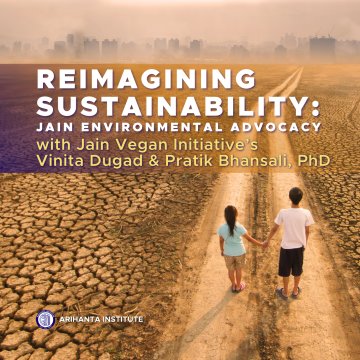

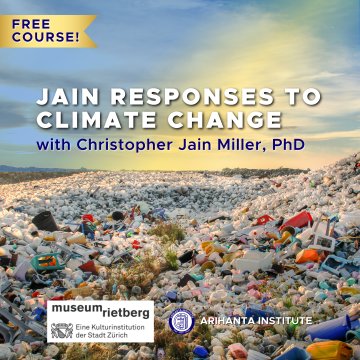
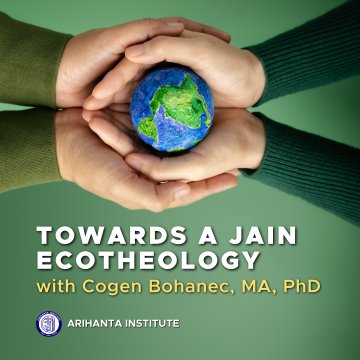


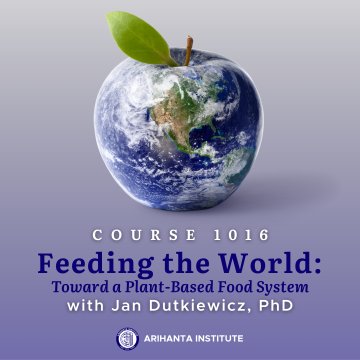
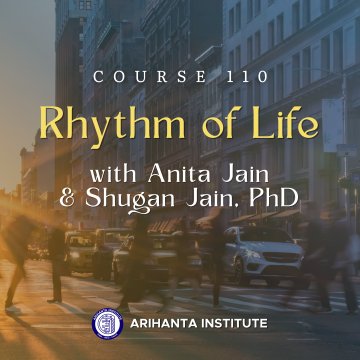



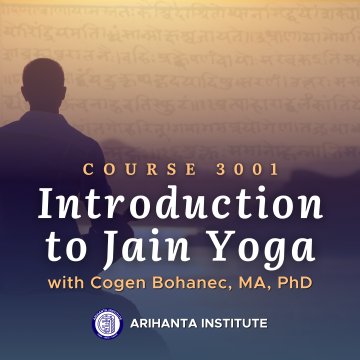
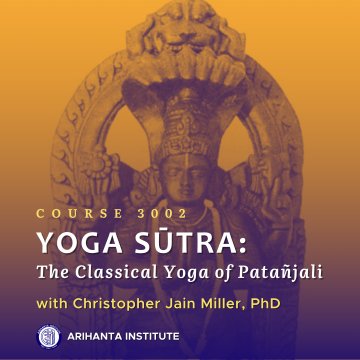
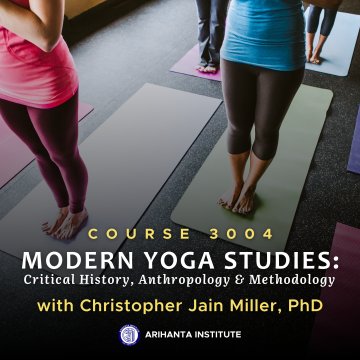
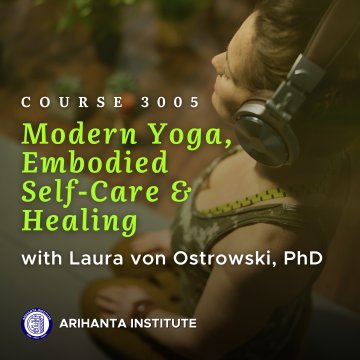



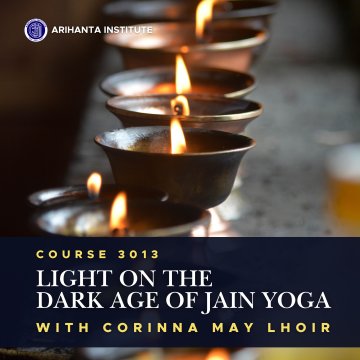
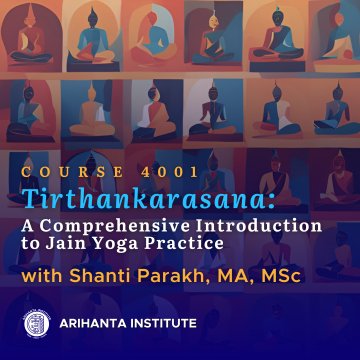
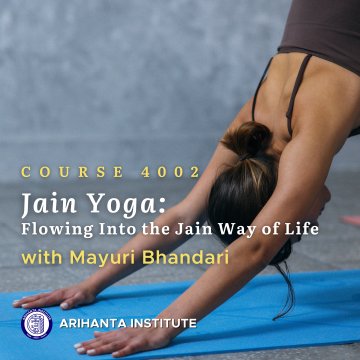


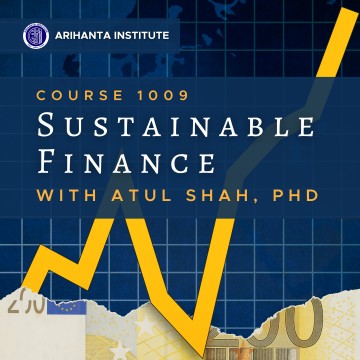


 Course materials available beginning March 2, 2026, + 4 hours live Q&A Zoom sessions on Saturdays, March 7, March 14, March 21, and March 28 from 9:00 - 10:00 a.m. PT.
Course materials available beginning March 2, 2026, + 4 hours live Q&A Zoom sessions on Saturdays, March 7, March 14, March 21, and March 28 from 9:00 - 10:00 a.m. PT.
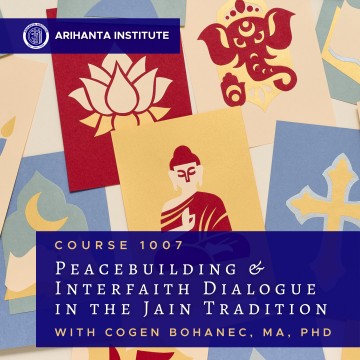





 Course materials available beginning Feb 2, 2026, + 4 hours live Q&A Zoom sessions on Fridays, Feb 6, Feb 13, Feb 20, and Feb 27 from 9:00 - 10:00 a.m. PT.
Course materials available beginning Feb 2, 2026, + 4 hours live Q&A Zoom sessions on Fridays, Feb 6, Feb 13, Feb 20, and Feb 27 from 9:00 - 10:00 a.m. PT.
